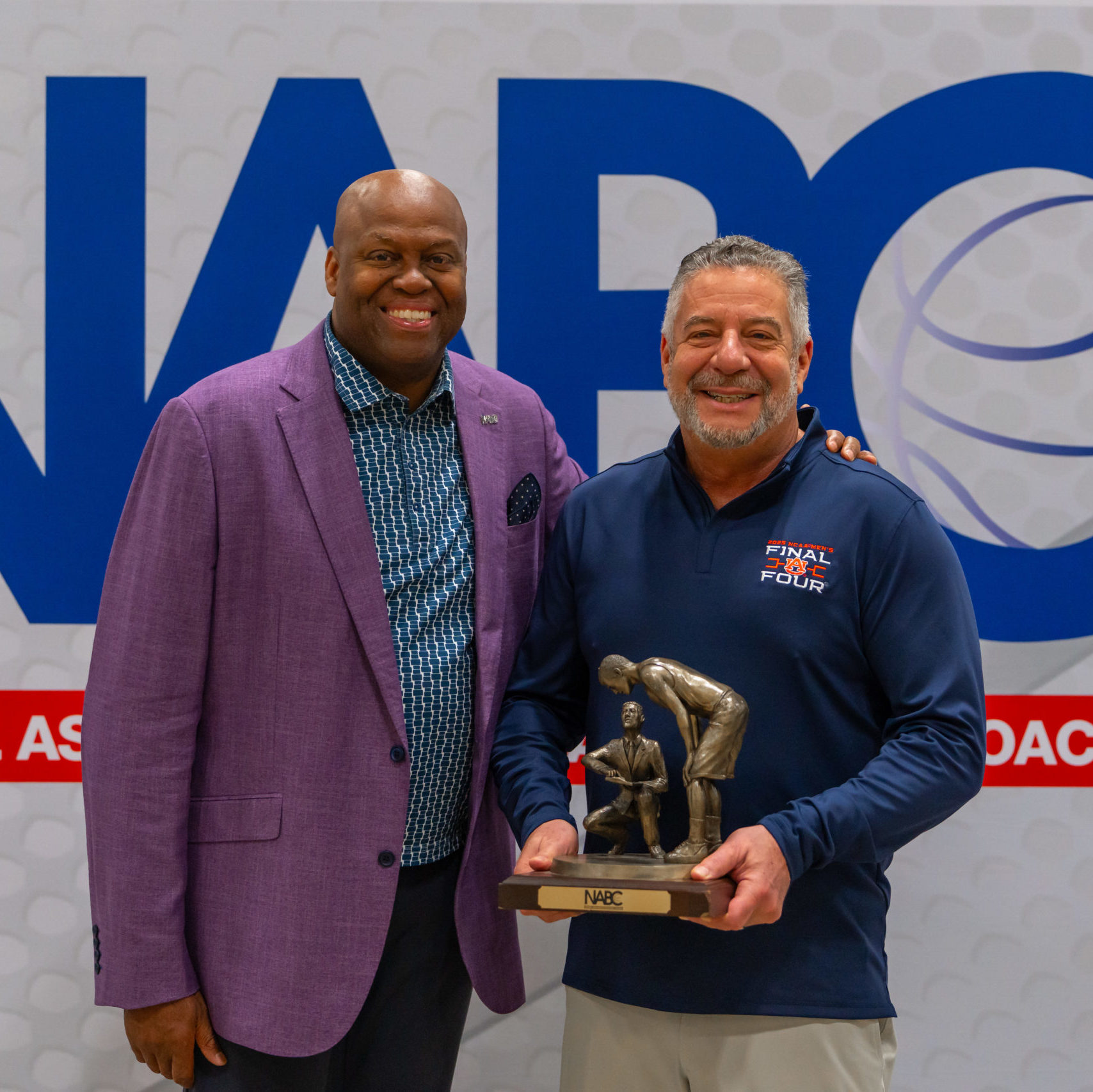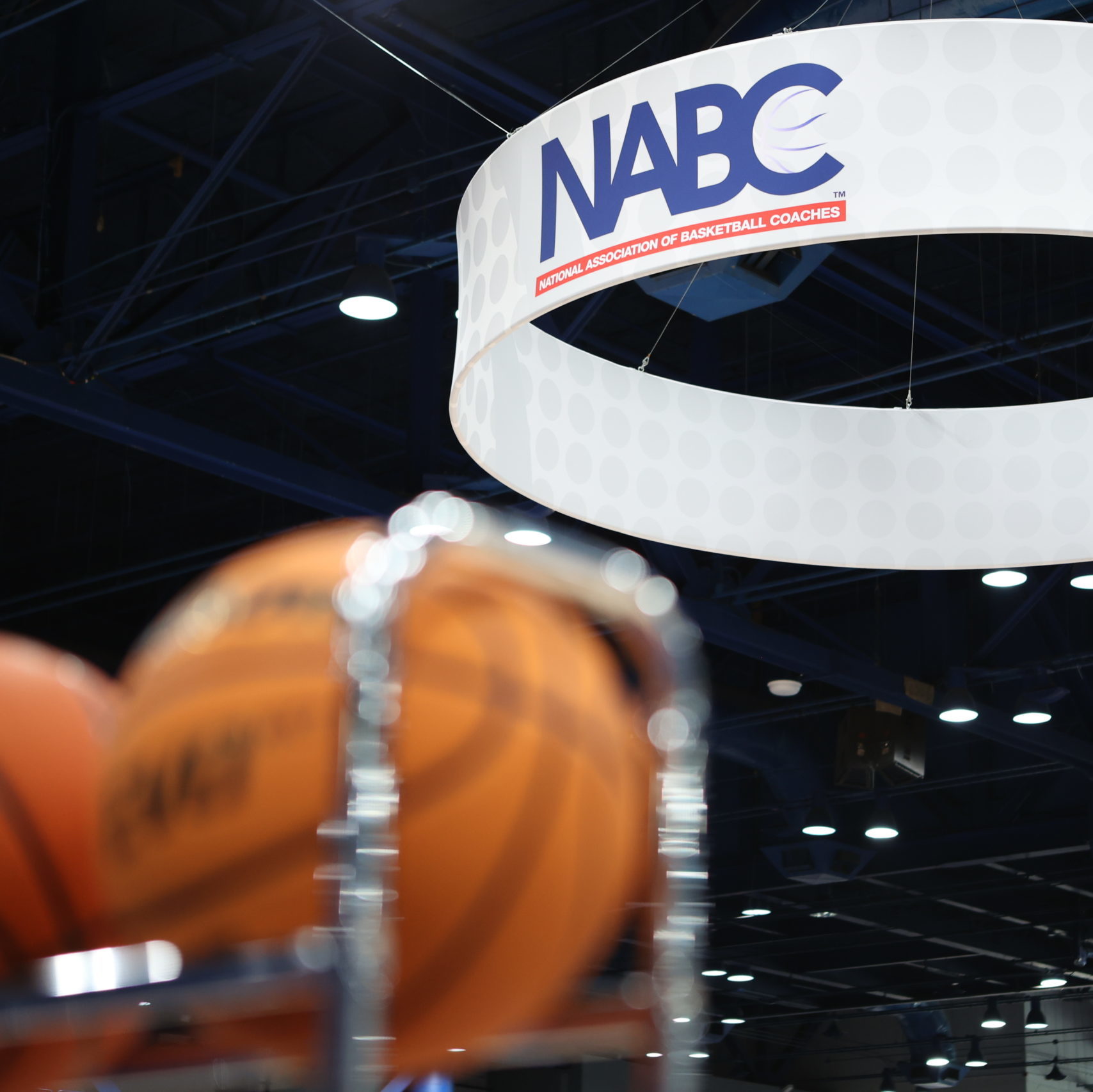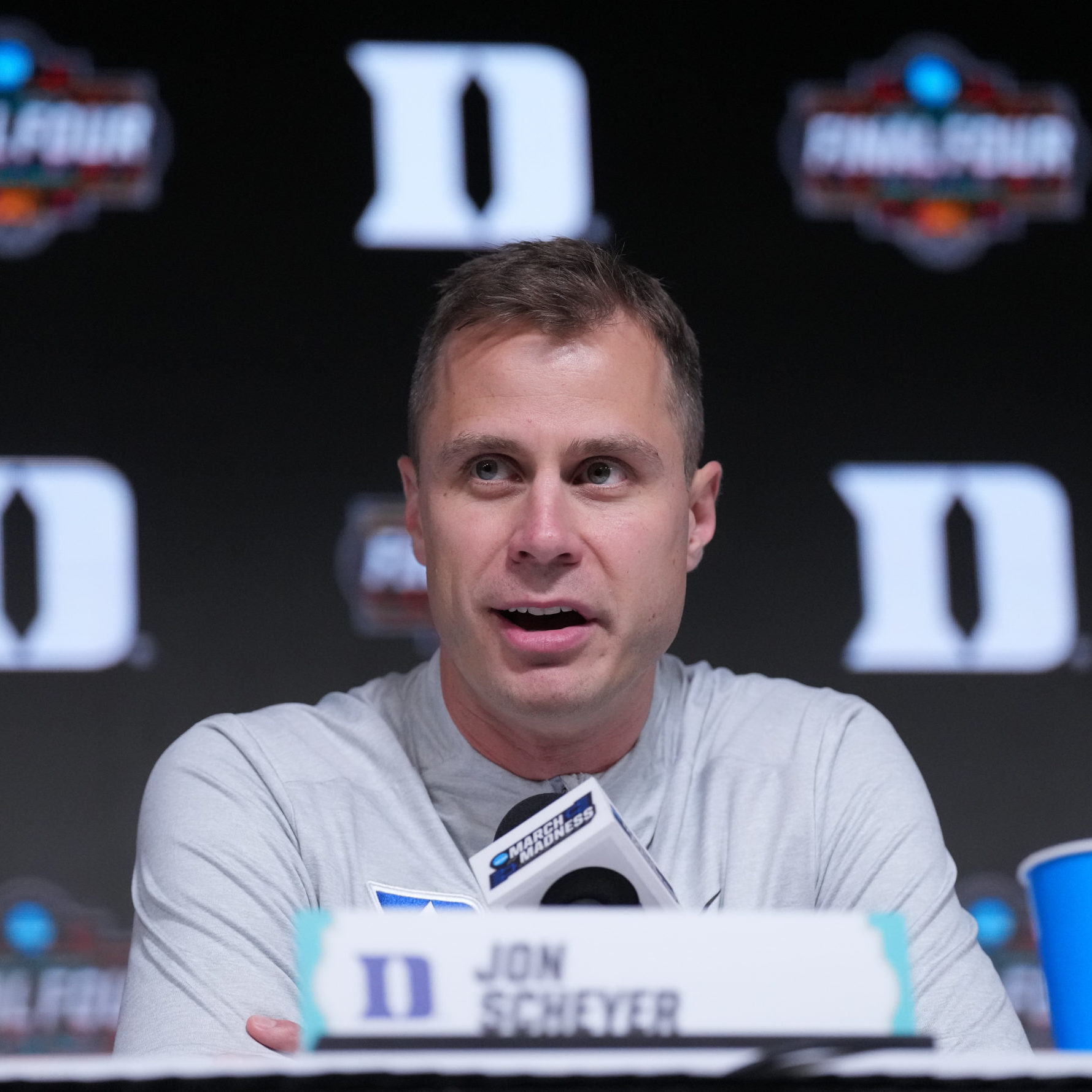The NABC Board of Directors and NABC Division I Congress held a joint meeting on Oct. 14, 2025 with NCAA President Charlie Baker and other senior NCAA leaders to receive updates and offer feedback on issues impacting the sport. Below are key takeaways from the meeting.
Prospective Student-Athlete Definition
The NCAA has adopted a NABC-backed proposal that changes the definition of a prospective student-athlete in men’s basketball to an individual who has begun classes for the 9th grade, effective immediately. The rule change will now allow prospects to participate in on-campus events such as camps up to their 9th grade year.
Eligibility Update
While various court cases have impacted eligibility windows for individual players, the NCAA confirmed to the NABC that no active legislative proposals exist in Division I that would amend current eligibility bylaws. Coaches shared concern with the NCAA that the high school recruiting landscape has been disrupted by ongoing uncertainty stemming from current college athletes challenging eligibility bylaws.
Men’s Basketball Oversight Committee Update
The NCAA Division I Men’s Basketball Oversight Committee – which now includes three head coaches along with the NABC Executive Director on its roster – identified additional topics it intends to review in coming months. Among the topics for future MBOC review include: transfer window length and start date, additional exhibition game and scrimmage opportunities, expanding summer access, restrictions on the number of on-court coaches, and foreign tour bylaws. Coaches who wish to provide feedback on these topics should contact the NABC staff or their conference’s representative on the NABC Division I Congress.
Additional Items
- After receiving an update from the NCAA on the status of the SCORE Act, coaches stressed to the NCAA that evaluating and implementing reasonable transfer reform must be an ongoing legislative priority.
- The NCAA expressed confidence in the College Sports Commission as it continues to build structures to implement and enforce policies related to the revenue sharing and third-party NIL components of the House settlement. Coaches expressed ongoing concern that many schools continue to operate under differing understandings of how third-party NIL deals are classified and monitored.



